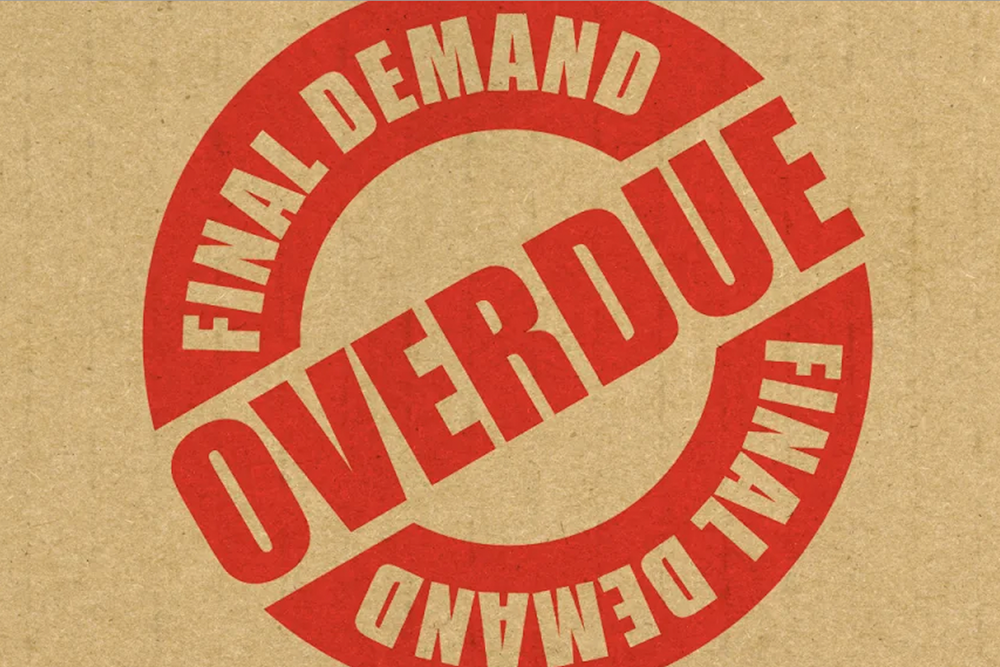
A letter of demand is an essential tool in the debt collection process, used to formally request payment from a debtor who has failed to pay money owed. The main purpose of this letter is to notify the debtor, in writing, that the creditor expects the outstanding amount to be paid by a specific deadline. It outlines the details of the debt—such as the amount owed, the reason for the debt, and any relevant dates or documents—and warns of potential legal action if the debt is not settled promptly. This formal approach helps communicate the seriousness of the situation and often motivates debtors to resolve the issue without further dispute.
One of the primary purposes of a letter of demand is to set a final deadline for repayment. Unlike informal reminders sent via phone, email, or text, a letter of demand specifies a clear timeframe—commonly between 7 to 14 days—within which the debtor must respond or make payment. This deadline creates urgency and places the debtor on notice that failure to act may result in further consequences, such as legal proceedings or involvement of a collection agency.
Another key function of a letter of demand is to create a paper trail. In the event that legal action becomes necessary, the letter serves as proof that the creditor made a reasonable attempt to recover the debt outside of court. Courts and tribunals often expect this step to be taken before a formal claim is filed. The letter demonstrates that the creditor acted fairly and gave the debtor an opportunity to resolve the matter amicably.
In the broader debt collection process, the letter of demand is typically issued after initial reminders and follow-ups have failed. The usual sequence begins with friendly payment reminders, followed by more assertive notices as the debt becomes overdue. If the debtor still does not pay or communicate, the creditor then escalates the matter by sending a letter of demand. It is the final step before taking more serious actions, such as initiating legal proceedings or engaging a professional debt recovery service.
Ultimately, the letter of demand plays a crucial role in protecting the rights of creditors while offering debtors one last opportunity to avoid legal conflict. It can often resolve disputes without the need for court involvement, making it a cost-effective and practical step in the debt recovery process.
When choosing a debt collection agency in Singapore, the first step is to confirm that the agency is a legally registered business. You can verify this through ACRA (Accounting and Corporate Regulatory Authority). Additionally, ensure the agency has a verifiable physical office address and official contact channels—this helps establish legitimacy and accountability.
In Singapore, ignoring a letter of demand can lead to serious consequences. While the letter itself is not a legally binding court order, it serves as a formal warning that legal action may follow. Creditors often use it as the final step before initiating a lawsuit, so failure to respond or resolve the matter promptly can result in the situation escalating quickly.
If the debtor does not respond or settle the debt, the creditor may proceed to file a civil claim in the State Courts or High Court, depending on the amount of the debt. Once a claim is filed, the court may issue a judgment against the debtor, legally confirming the debt and empowering the creditor to take further enforcement actions.
Following a court judgment, the creditor may apply for various enforcement measures to recover the money. These include a Writ of Seizure and Sale, allowing the seizure of the debtor’s personal or business property; a Garnishee Order, which enables the creditor to recover money directly from the debtor’s bank account or employer; and an Examination of Judgment Debtor, where the debtor is required to appear in court and disclose their financial situation.
Ignoring a letter of demand can also lead to additional legal and financial costs. If the matter is taken to court, the debtor may be ordered to pay not just the original debt, but also interest and legal costs incurred by the creditor. These added expenses can significantly increase the total amount the debtor is required to pay.
There are also potential consequences for the debtor’s credit standing and reputation. For individuals, a court judgment may affect their credit rating, making it difficult to obtain loans or credit facilities in the future. For businesses, failing to address a letter of demand can harm their professional reputation, possibly resulting in lost clients, damaged business relationships, or even reduced investor confidence.
In more serious cases, where the debt is $15,000 or more, creditors may take steps to initiate bankruptcy proceedings against individuals. For companies, the creditor may seek a winding-up order, leading to the forced closure and liquidation of the business. These are severe legal outcomes that can have long-term personal and financial consequences.
In conclusion, ignoring a letter of demand in Singapore is highly risky. It is a clear indication that the creditor is prepared to pursue legal remedies to recover the debt. Debtors are strongly advised to take such letters seriously—whether by negotiating a settlement, disputing the claim, or seeking legal advice—to avoid escalating the situation and facing harsher legal and financial penalties.